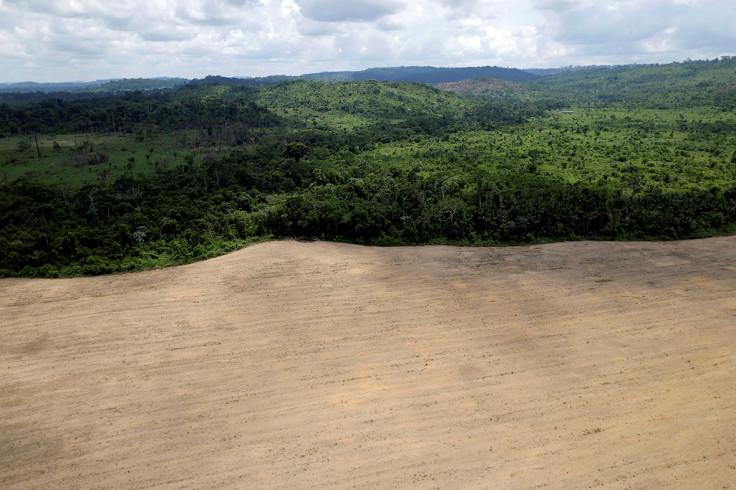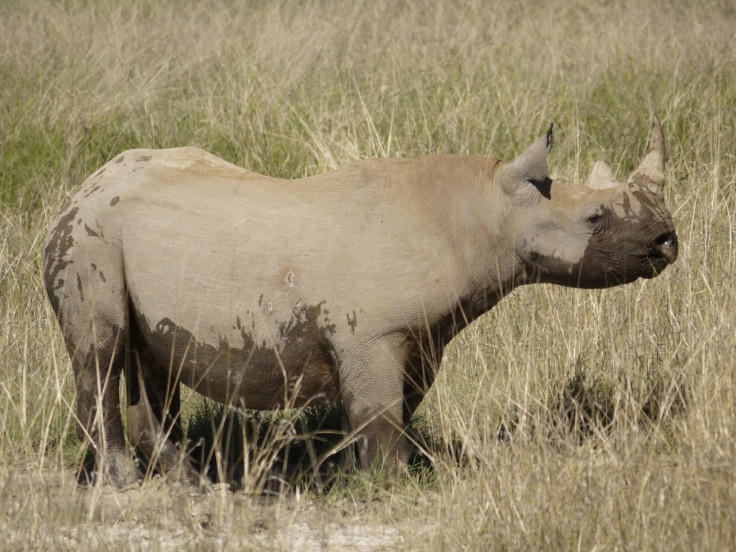15,000 scientists warn of human misery and catastrophe in depleted planet
Global warming, deforestation and spiralling population puts earth in great peril.

The well-being of people around the world will be seriously threatened if no action is taken to reverse the harm being done to the environment, according to an article published in the journal BioScience which has been signed by 15,000 scientists from 184 countries.
The report, titled: 'World Scientists' Warning to Humanity: A Second Notice', warns that significant global trends, such as global warming, deforestation, loss of access to freshwater, extinction of different species and human population growth, have all worsened since 1992, when more than 1,700 scientists signed a landmark letter published by the Union of Concerned Scientists.
The authors argue that failure to heed the second notice would cause catastrophic biodiversity loss and widespread human misery.
"Some people might be tempted to dismiss this evidence and think we are just being alarmist," said William Ripple, one of the authors and a professor at the College of Forestry at Oregon State University.
"Scientists are in the business of analysing data and looking at the long-term consequences. Those who signed this second warning aren't just raising a false alarm. They are acknowledging the obvious signs that we are heading down an unsustainable path. We are hoping that our paper will ignite a widespread public debate about the global environment and climate."
The article, which is based on data from government agencies, non-profit organisations and individual researchers, warns that humanity is risking its own future by causing substantial and irreversible harm to earth's environment.
The researchers document a number of negative environmental trends including; continuing increases in global carbon emissions and average temperatures; a 26% reduction in available fresh water per person; a 75% increase in the number of ocean dead zones; a loss of nearly 300 million acres of forestland, much of it converted to agricultural use; a drop in the number of wild fish caught, despite increased fishing efforts; a 29% reduction in the number of mammal, reptile, amphibian, fish and bird species; and a 35% increase in the human population.

"Humanity is not taking the urgent steps needed to safeguard our imperiled biosphere," the authors stated, noting that the overwhelming majority of the threats outlined in 1992 remain and "are getting far worse".
Nevertheless, the authors observed that positive steps have been made in some areas. For example, the proportion of energy generated from renewables has increased rapidly in the last 25 years, while rates of deforestation in some regions have slowed.
Furthermore, emissions of ozone-depleting chemicals have reduced drastically in the last 25 years, highlighting the effectiveness of the Montreal Protocol – perhaps the single most successful international agreement to date in the words of ex-UN Secretary General, Koffi Annan.
The article also suggests measures that could be implemented to reverse some of the negative trends, such as accelerating the adoption of renewables and green energy, promoting a shift towards a plant-based diet, establishing more protected areas on land and at sea, strengthening the enforcement of anti-poaching laws and restraints on the trade of wild animals and expanding family planning and educational programmes for women.
The researchers observed that implementing such changes to the point where they have a significant impact would require people around the world to place huge pressure on their political leaders. In addition, they stress that action must be taken immediately.
"Soon it will be too late to shift course away from our failing trajectory, and time is running out. We must recognise, in our day-to-day lives and in our governing institutions, that Earth with all its life is our only home. We can make great progress for the sake of humanity."





















